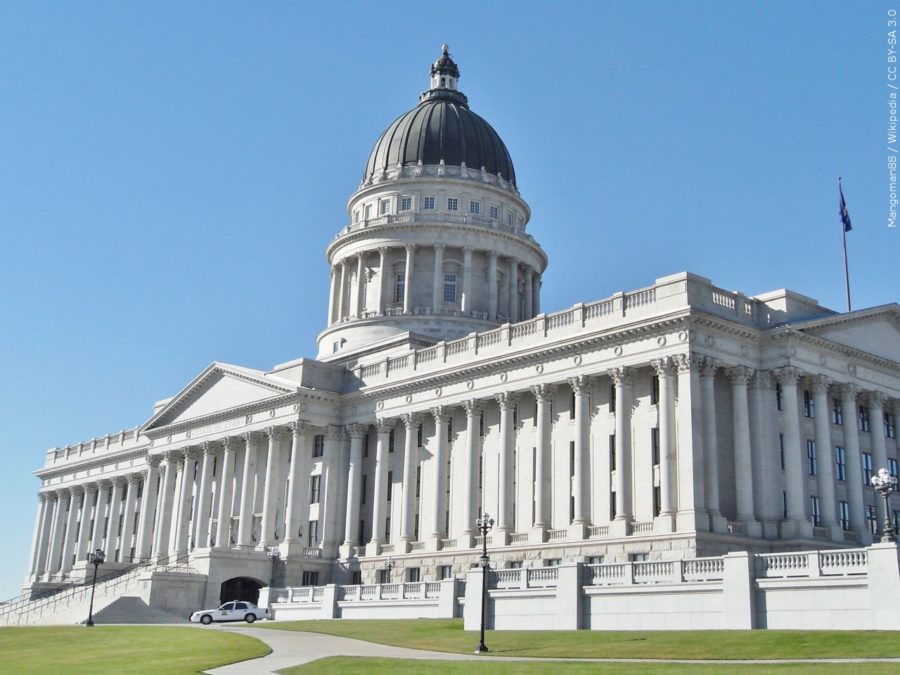
The Weber State University campus is abuzz with discussion of the new legal definition of a driving while buzzed.
At the past legislative session, the Utah House of Representatives voted to move forward with HB 155, a bill that would lower the legal blood-alcohol level.
Currently, Utah’s blood alcohol limit is the same as the national limit, 0.08, but this bill would make 0.05 the new state standard.
Gov. Gary Herbert signed the bill on March 23 at a press conference where he answered questions about the bill and its ramifications. However, the new law is not scheduled to go into effect until December 30, 2018.
Gov. Herbert said, “I’m here to announce that after thorough analysis that I believe it is good policy and that this new policy will, in fact, save lives.”
One group in support of the decision to lower the limit is the National Highway Traffic Safety Administration. They have been petitioning to lower the legal limit at a national level for several years after their studies showed a 0.05 level would save hundreds of lives.
State representative Norm Thurston sponsored the bill and cited the NHTSA as a reason to send the bill to the governor’s desk.
One major group in opposition to the bill is the American Beverage Institute, which made a statement to the Associated Press on the day Gov. Herbert signed the bill. The ABI argued that the bill does little to prevent serious crime.
Over 77 percent of alcohol-related deaths on the roads deal with drivers with a blood-alcohol level of 0.15 or higher, almost twice the previous legal limit.
Sarah Longwell, managing director of the ABI, said, “Utah legislators missed an opportunity … to target the hard-core drunk drivers who cause the vast majority of drunk driving fatalities and instead decided to criminalize perfectly responsible behavior.”
With the legal limit at 0.05, it will take two to three drinks for the average male to reach the limit, whereas the average female will take only one or two drinks.
One fear among the public is that one drink with dinner can now result in criminal charges and fines up to $10,000. Beyond that, offending drinkers would face additional legal fees and an increase in car insurance.
This is not the first time Utah has led the charge to lower the blood-alcohol limit. When the national legal limit was 0.10, it was Utah who was the first state to lower the limit to the current 0.08 which became the national level across all 50 states in 2004.
While the bill has already been signed, there are months to go for exploratory committees, special hearings or any other circumstance that could lead to fundamental changes within the bill.
Despite the complexity of the issue in regards to potential increases in DUI’s and in possible tourism decreases, Gov. Herbert sees the bill as black and white.
Herbert said, “The essence is if you are going to drink, don’t drive.”













